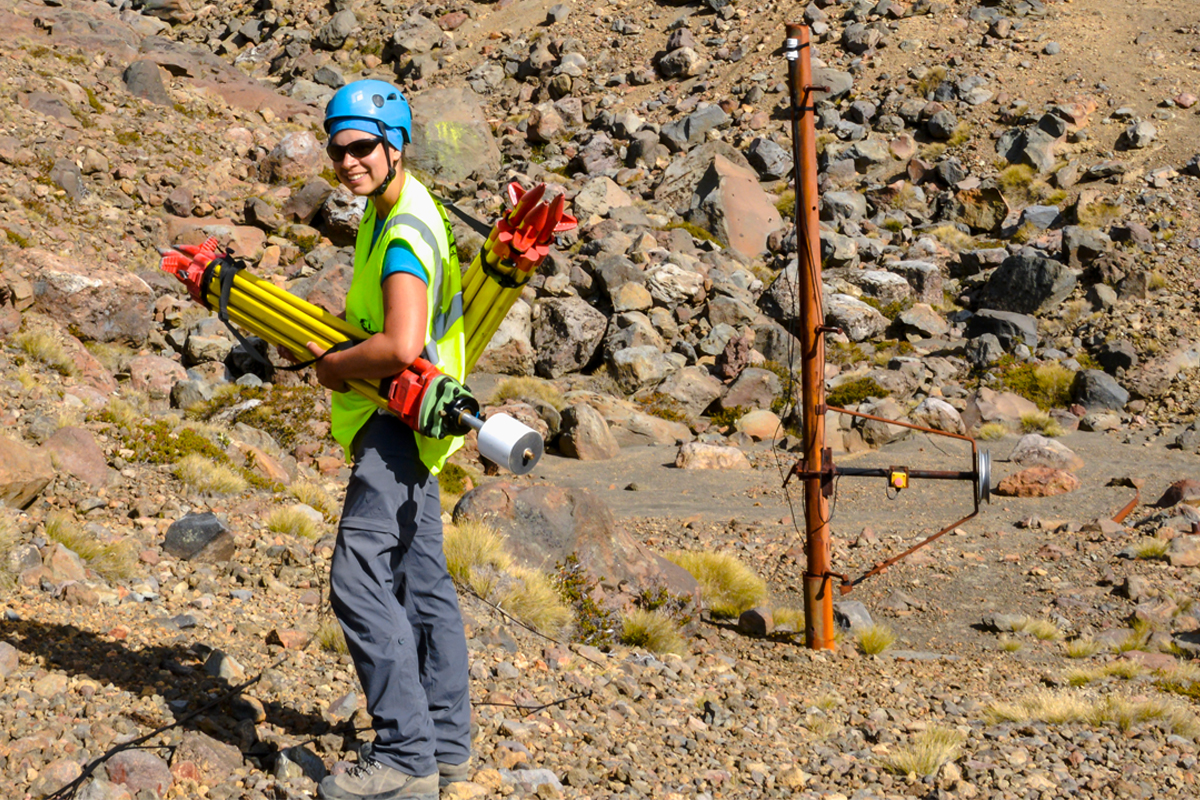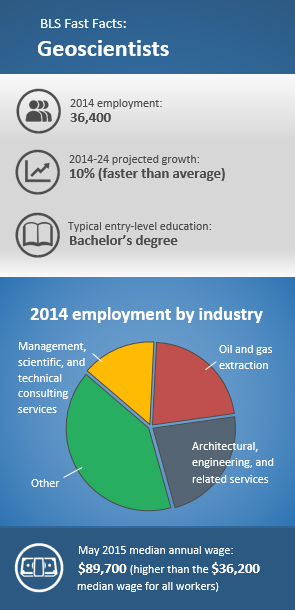All Categories
Featured
Table of Contents
Services Geophysical in Hillman Oz 2020
This work is increasingly contracted out, so consultancies offer another source of work. Consultancy firms differ in size, from really little business to large multinationals. Some consultancies are quite specialised in utilizing specific geophysical strategies or operating in particular places, while others provide a more varied variety of services to their consumers.
The extraction of gas from landfill websites is another location of work and this may grow in the future. Exploration business may carry out work for building firms, public utility, mining companies and ecological agencies, so geophysicists might be used in any of these settings. Other companies include: geological surveysgovernment bodies and agenciesuniversities and research institutes.


Vacancies might be listed in the oil and gas sector press. Recruitment is affected by oil cost variations and the level of competition for positions varies depending on this. Professions Days, which cover the full variety of geoscience careers and are generally participated in by a number of key market employers, are run by The Geological Society.
Geophysical Survey - Explore The Seafloor in Darch Oz 2020
Some of the large oil and gas companies use a full two-year structured training program across the breadth of geophysics, including the chance to experience work in different teams prior to specialising in one area. Your training might include deal with: existing wellsmagnetic and gravitational potential field data analysisresearchrock analysis. It's more normal for your preliminary training to be offered on the job.

There may be a probationary period during which you work together with a skilled colleague. Competency-based appraisals happen frequently in many companies. In smaller sized companies, and for scholastic posts, there is not likely to be any official training - you'll be expected to start work straightaway and get skills as you go along.
If you work for a smaller business, you may find that you require to take obligation for organizing and funding your own advancement and training. If you have a geology degree, subscription of The Geological Society can be beneficial for networking and for keeping up to date with the industry.
Geophysical Surveys in Sinagra Australia 2020
You might also find it helpful to join the PESGB (The Petroleum Exploration Society of Great Britain, which has a geophysics unique interest group. After a probationary period, and when you have actually gotten some experience, you might advance to senior geophysicist, then team leader and then into a senior role in management.
The ease of movement in between roles depends on the business structure. Research study at Masters or Ph, D level in a subject associated to geophysics or geosciences might assist with your career development and progression. The work market within the oil and gas industry is very based on price and this may affect your opportunities for career progression.
However, not all jobs are reliant on the oil and gas markets. For experienced geophysicists, freelance consultancy provides a good path for career advancement. You can also specialise in a specific area of geophysics. As a geophysicist, you're likely to have several jobs throughout your working life. Worldwide movement is vital for dealing with peaks and troughs in different nations at different times.
Geophysical Survey - An Overview in Beeliar Aus 2022
From geophysics, it's possible to focus on seismology (completing additional training to end up being a seismic interpreter) or to move into associated locations such as engineering geology or hazard prediction.
Deciding what to study in college is a hard choice. Even if you know that your field of interest lies in science, what program of research study is ideal for you?
The first step to accomplishing your objective of becoming a geophysicist is earning a degree. Even for entry-level positions in the field of geoscience, you'll require a bachelor's degree (a geophysicist college degree) from a certified college or university. Some research study positions require candidates to hold master's degrees or perhaps Ph.
Geophysicist Job Profile in Daglish Australia 2020
Doctoral degrees are especially important if you prepare to teach at a four-year institution. Geophysicists apply physics ideas and techniques to study the gravitational, magnetic, and electric fields of the earth. This advances scientists' knowledge of both the planet's interior core and its surface. Geophysicists should have the ability to: evaluate rocks, pictures, and other pieces of data perform research both in the field and in laboratories develop maps and charts of their findings write reports To accomplish all this, students need a specialized education for geophysicist professions.
As stated above, you'll require a bachelor's degree in geoscience or an associated discipline, such as a physical science or a natural science, to land an entry-level job. Students can also prepare by majoring in subjects like: Biology Chemistry Computer system science Engineering Mathematics Physics The above geophysicist majors offer a more generalized approach to a single clinical discipline, but the majority of programs need trainees to take one or more geology course.
Table of Contents
Latest Posts
What Is Geophysics And What Do Geophysicists Do? in Butler Western Australia 2022
Geophysical Survey - Archaeological Research in Lockridge WA 2020
Geophysical Investigations in Kelmscott Western Australia 2023
More
Latest Posts
What Is Geophysics And What Do Geophysicists Do? in Butler Western Australia 2022
Geophysical Survey - Archaeological Research in Lockridge WA 2020
Geophysical Investigations in Kelmscott Western Australia 2023